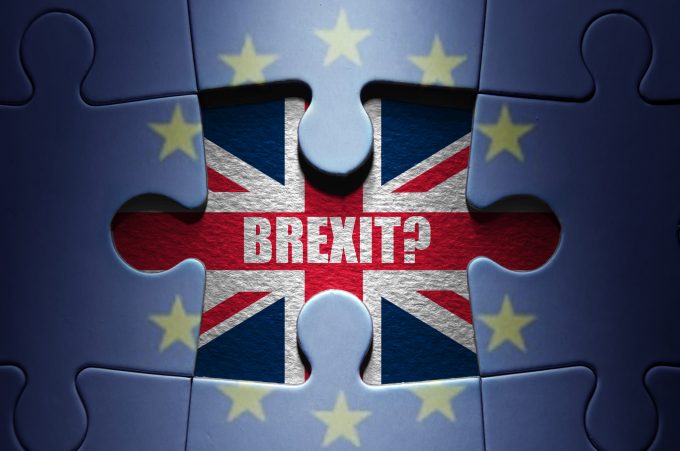UK-US trade deal brings tariff certainty – plus aerospace investment
The UK aerospace sector received two pledges of support today which should see heightened trade, ...

European exporters have more to lose than their UK counterparts if the country leaves the EU without a freetrade deal in place, according to a new report by Civitas.
Analysing potential tariffs under World Trade Organization terms, the think-tank found that European companies seeking access to ...

Comment on this article